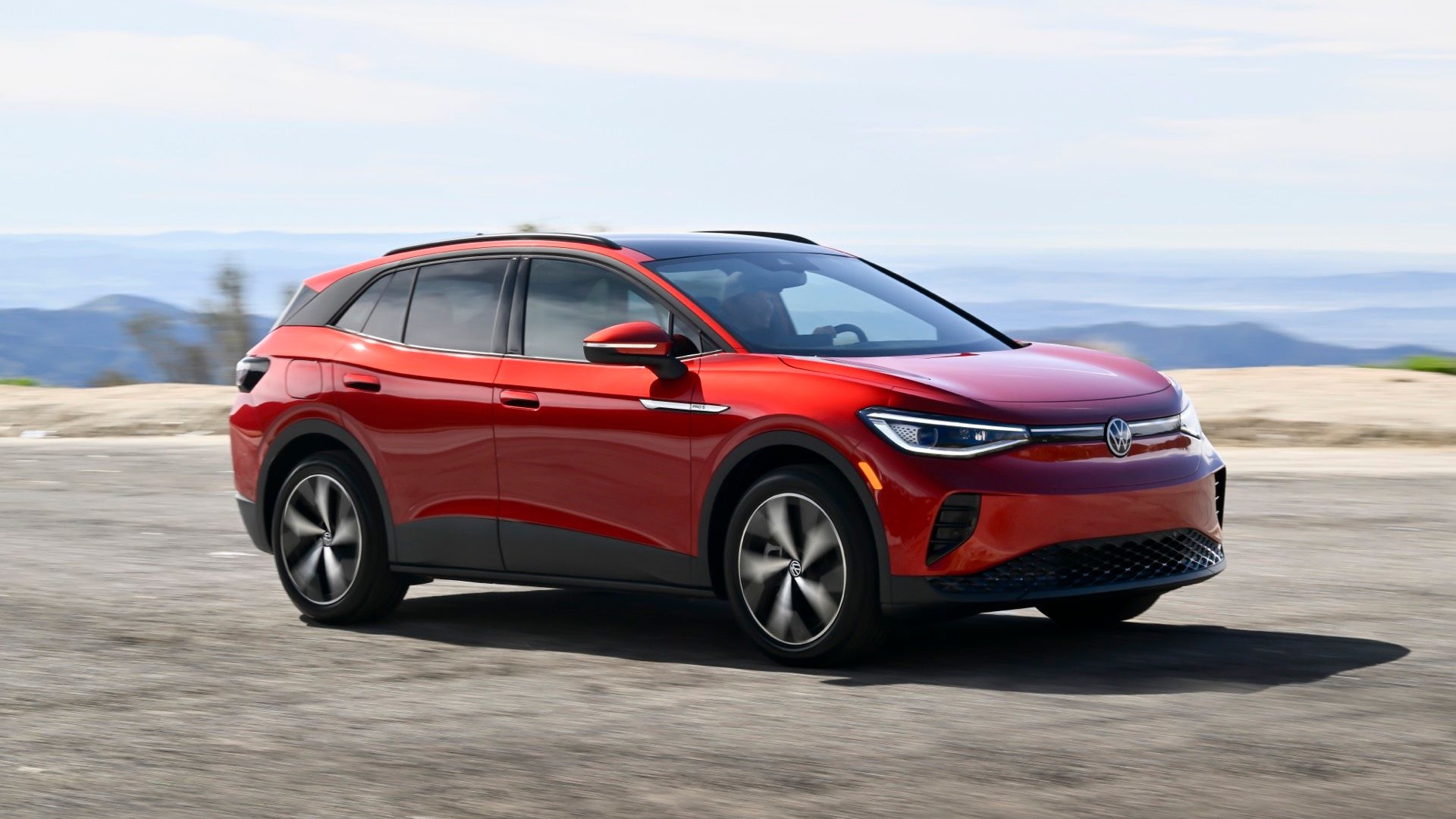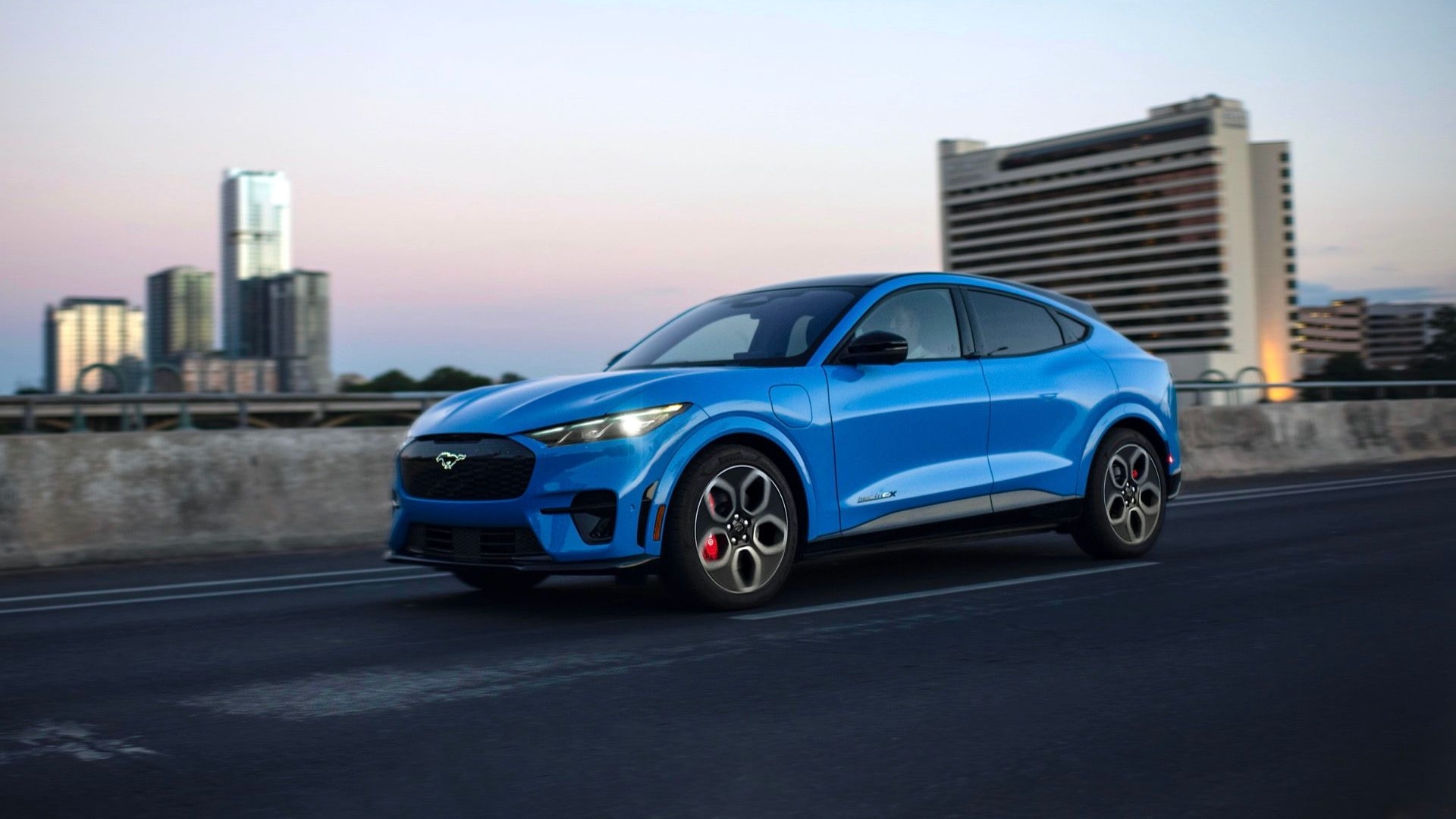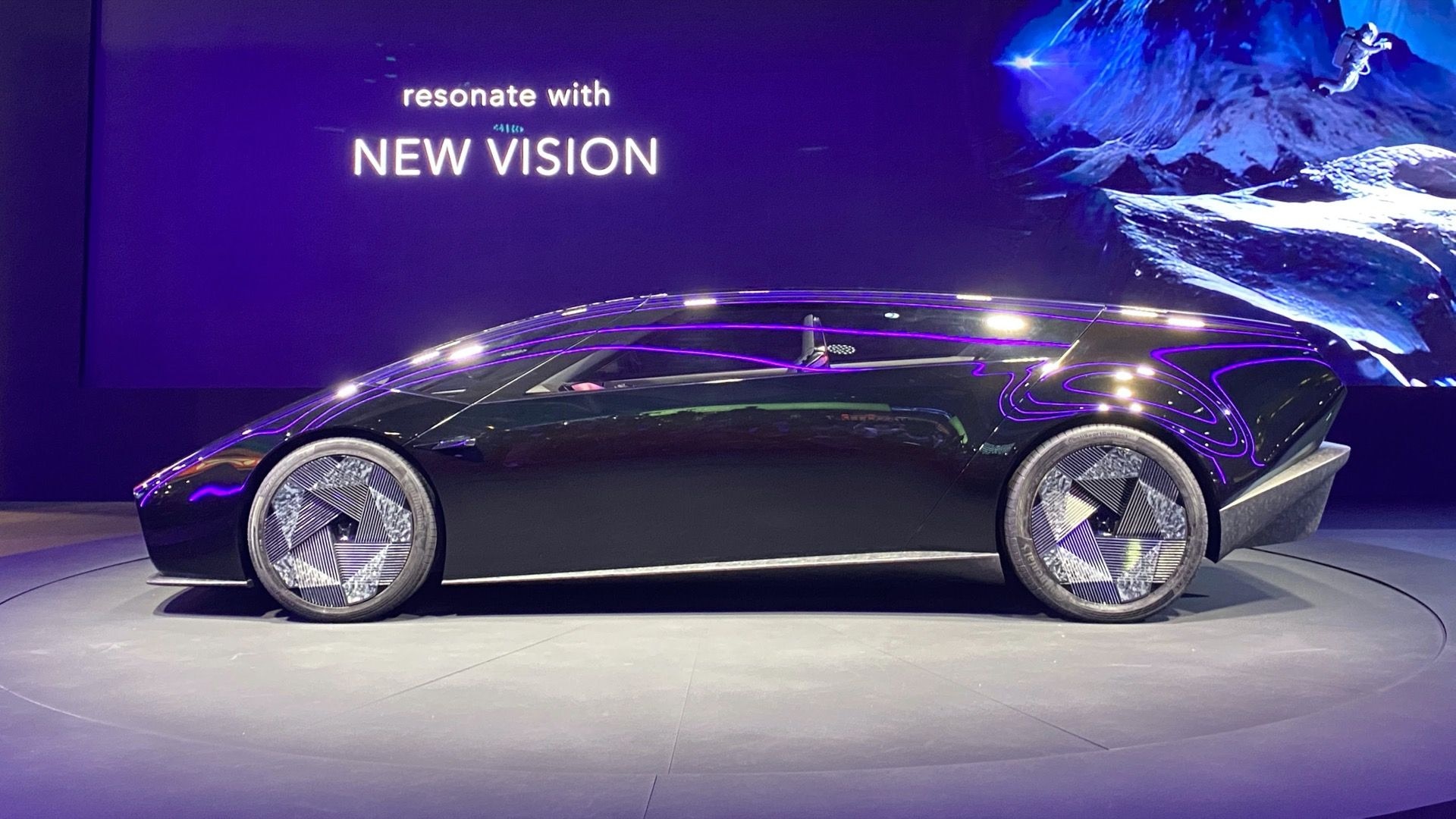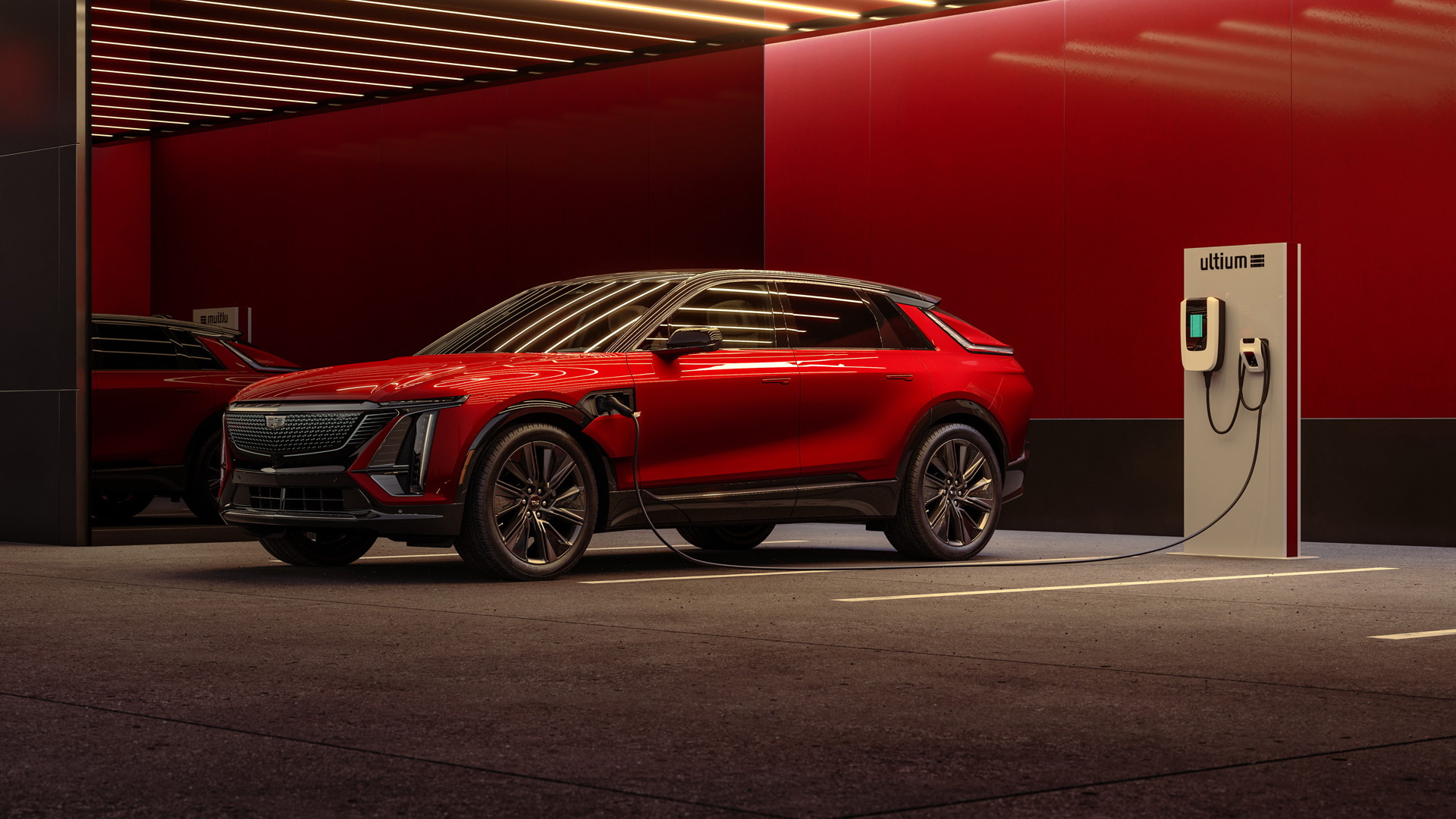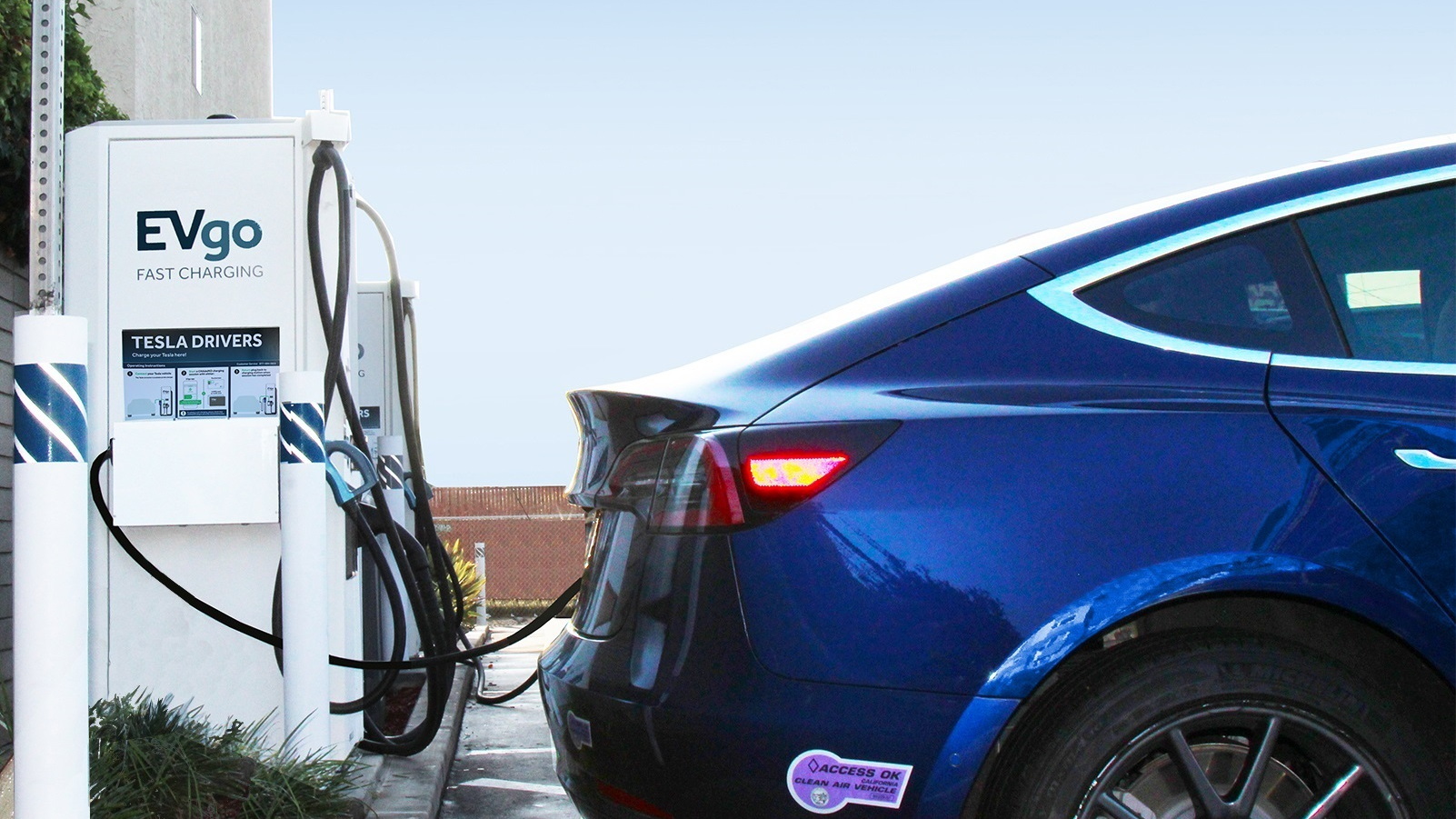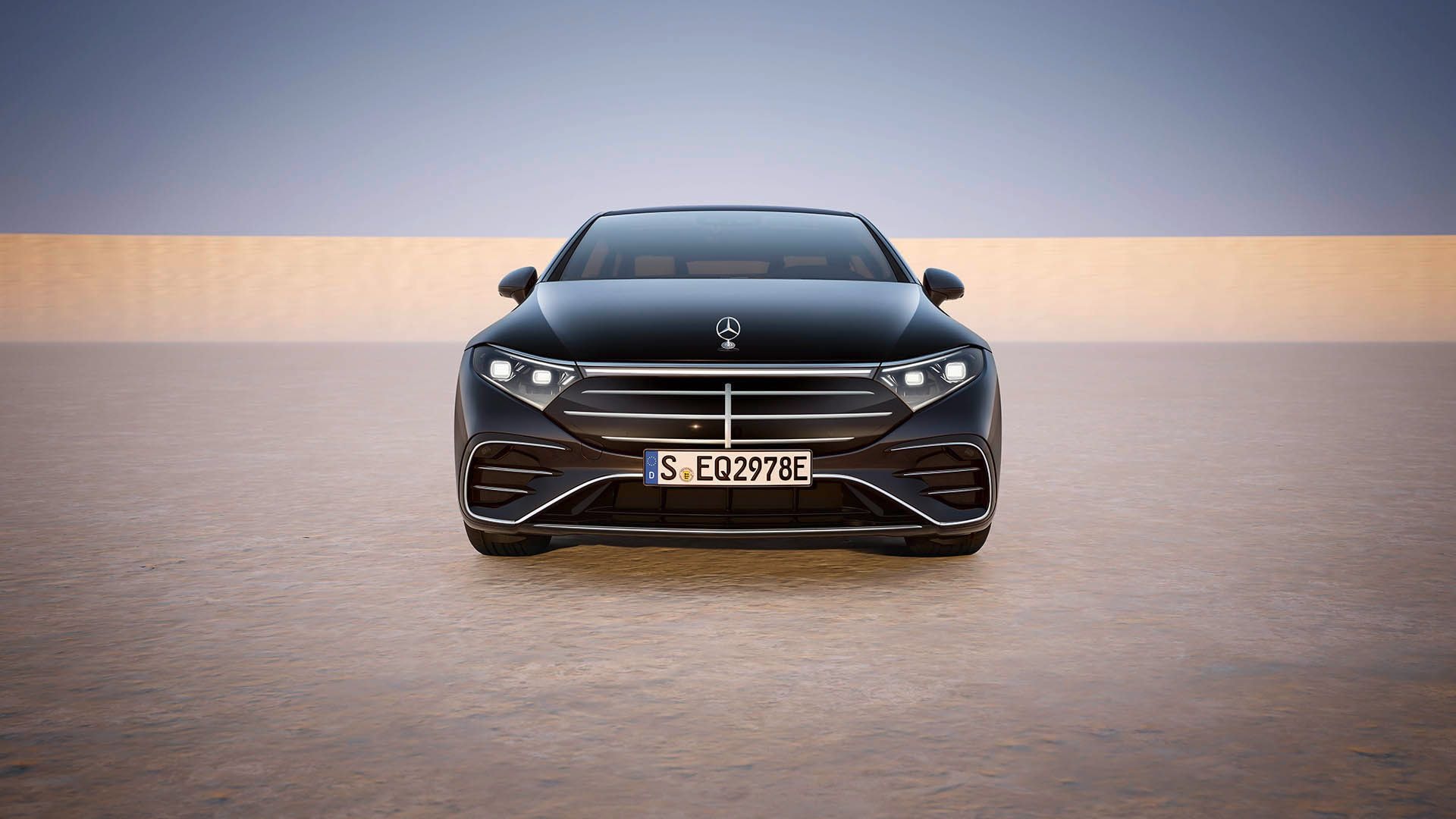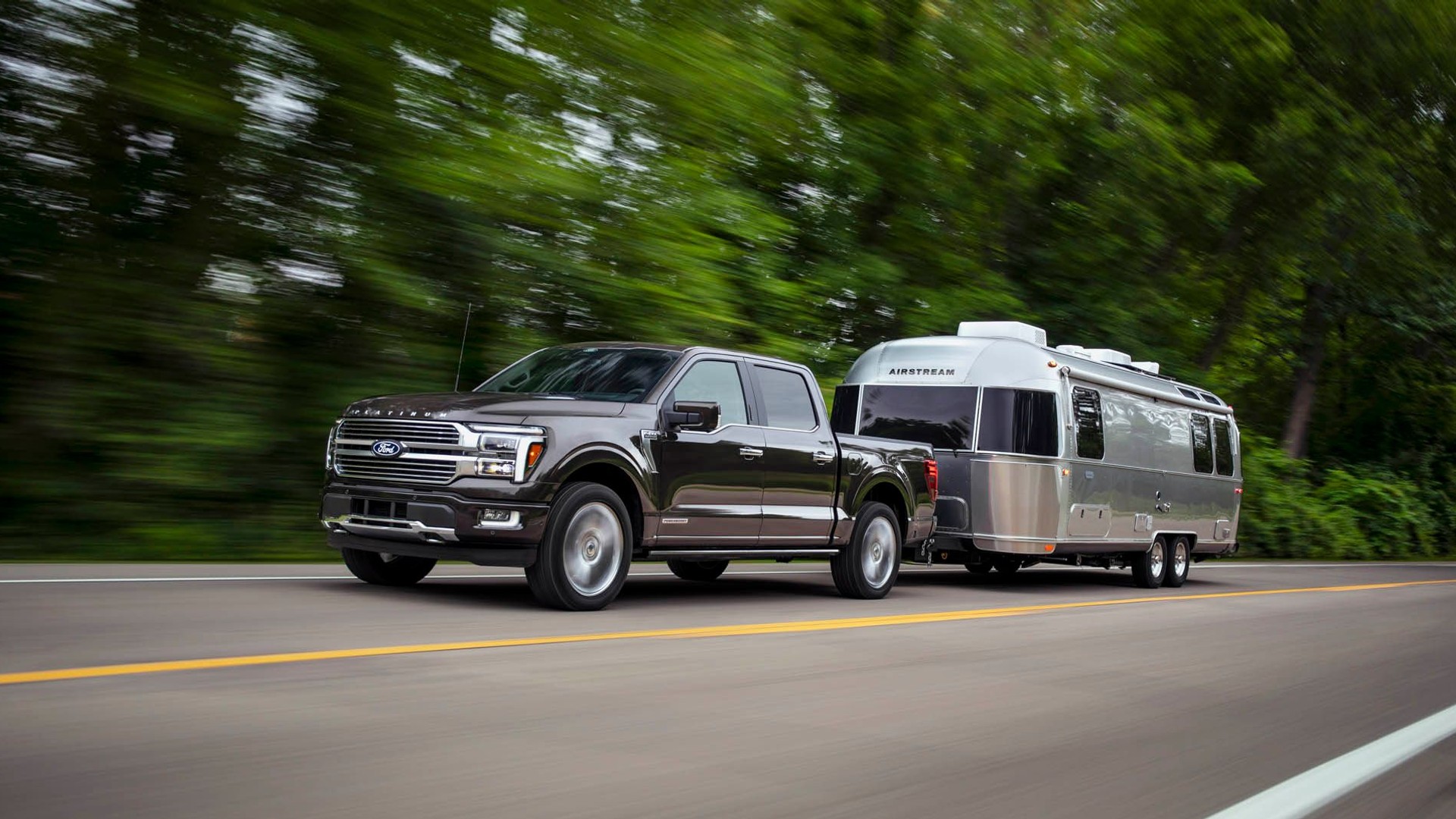What's $132 billion between regulators?
Such is the breadth of the discrepancy between the estimates of what the government's final proposal to roll back fuel-economy standards would save American drivers, and what EPA staffers said it would cost.
A Reuters report on Tuesday revealed comments from EPA staffers disputing claims made in the Trump administration's final proposal to freeze fuel economy standards.
DON'T MISS: OpEd: Who pays for principle in Trump's war on lower emissions and trade?
The final proposal to freeze fuel economy standards at 37 mpg through 2026 claims that it would reduce the cost of new cars by an average of $1,850 and save the American economy $49 billion. Under existing rules developed under the Obama administration, fuel-economy standards are set to rise to an average of 46.7 mpg by 2025.
The proposal also claims that reducing the price of cars would cause Americans to buy more new models with advanced modern safety equipment and so save 1,000 lives per year in traffic accidents and 12,700 lives over time. The numbers came from an analysis by the NHTSA, which has statutory authority over fuel economy. (The EPA worked jointly with NHTSA on the proposal, because its limits on carbon-dioxide emissions directly affect fuel-economy requirements.)
CHECK OUT: Commentary: Fuel-economy standards don't need to be rolled back to make cars SAFER
In a memo last June regarding the proposal to roll back fuel economy standards, the EPA reportedly called the NHTSA proposal "indefensible" and based on "unrealistic" assumptions.
EPA staffers said the plan would increase traffic deaths by 17 per year from 2036 to 2045 by causing Americans to drive more.
They also claimed that more driving and lower fuel economy would cost the economy $83 billion and that reducing research and development into new fuel economy technologies could result in the loss of 27,000 to 35,000 U.S. jobs per year.
READ THIS: Automakers may not want to roll back fuel-economy standards after all
Within days of President Trump's inauguration, automakers lobbied the Trump for relief from planned increases in fuel-economy standards. Now they have said they favor some level of increasing standards and have asked the administration and California to negotiate an agreement that would avoid any long court battle.
California, which has long enjoyed the right to set its own emissions standards, has vowed not to follow any new federal standards and has sued the EPA over the rollback. Automakers have said that they don't want to have to build different cars for the huge California market than they sell elsewhere in the U.S.




